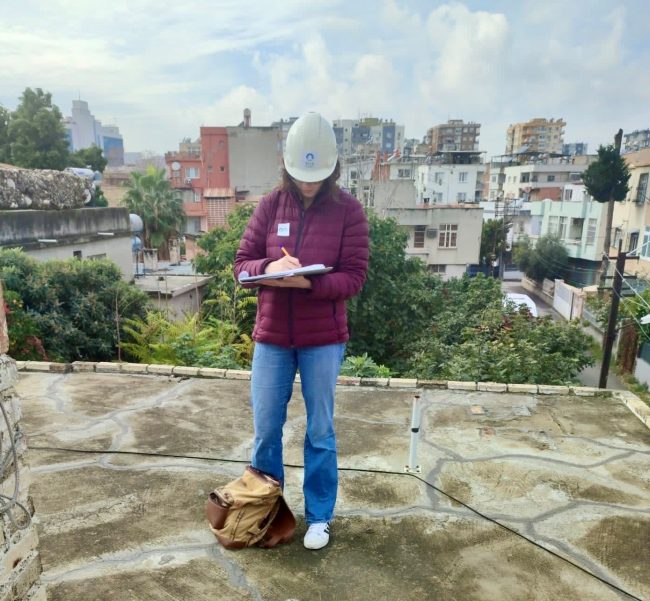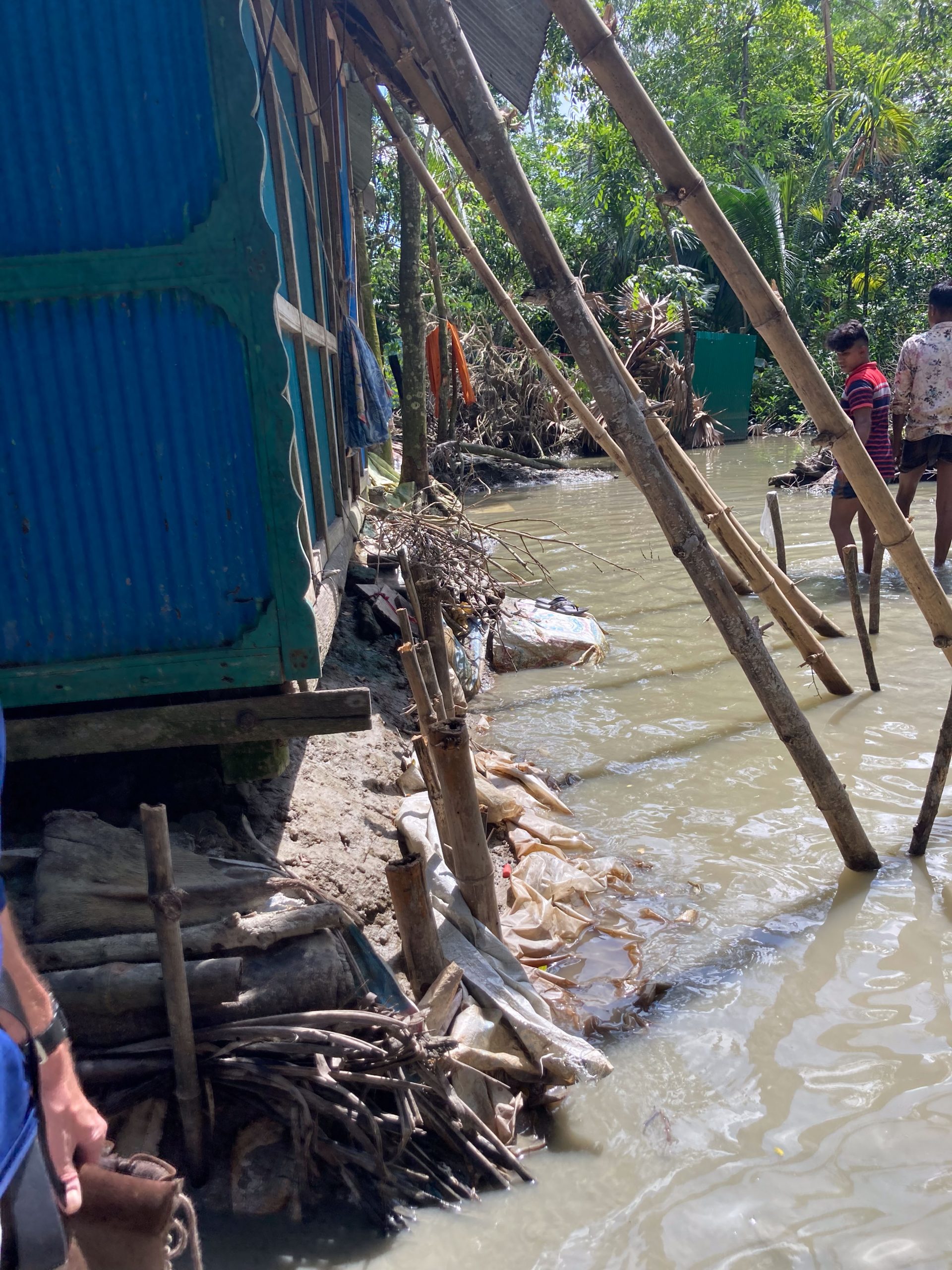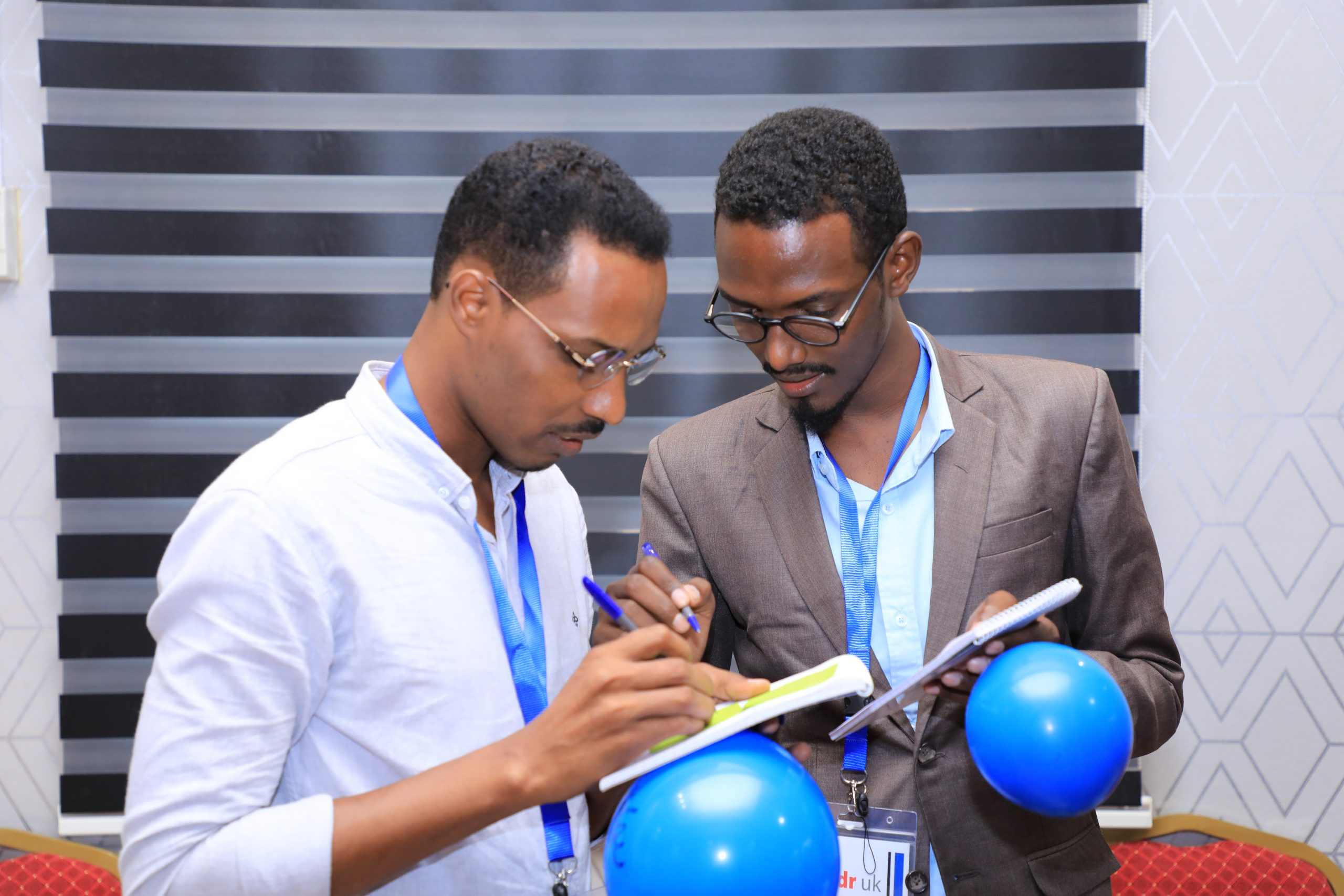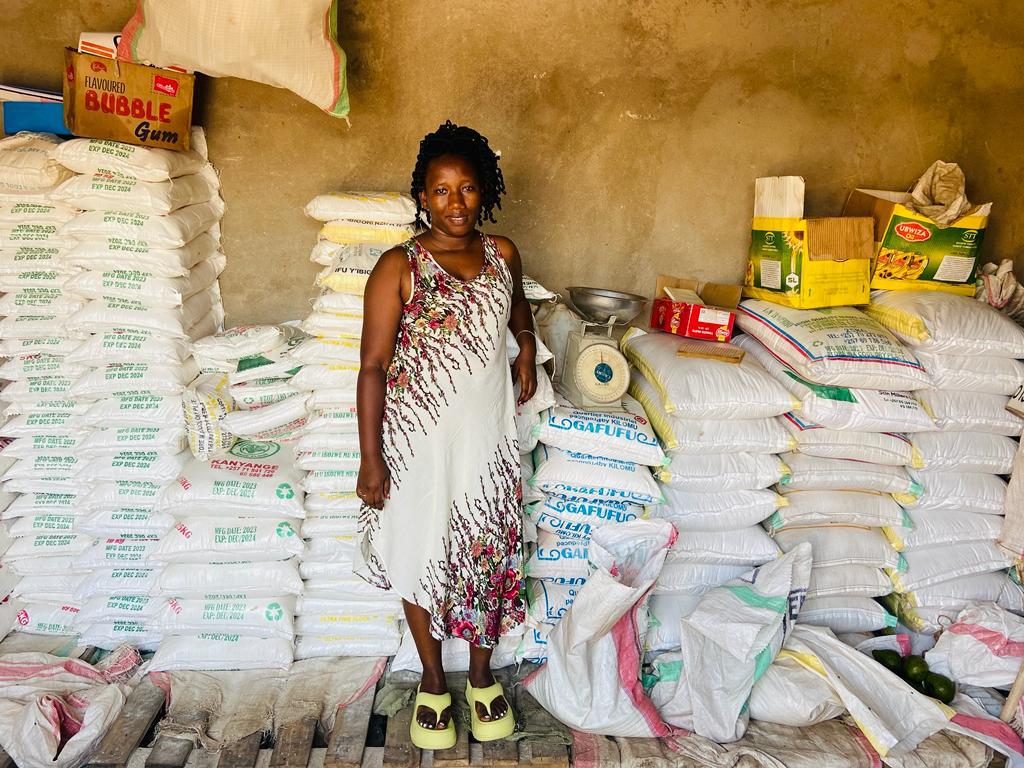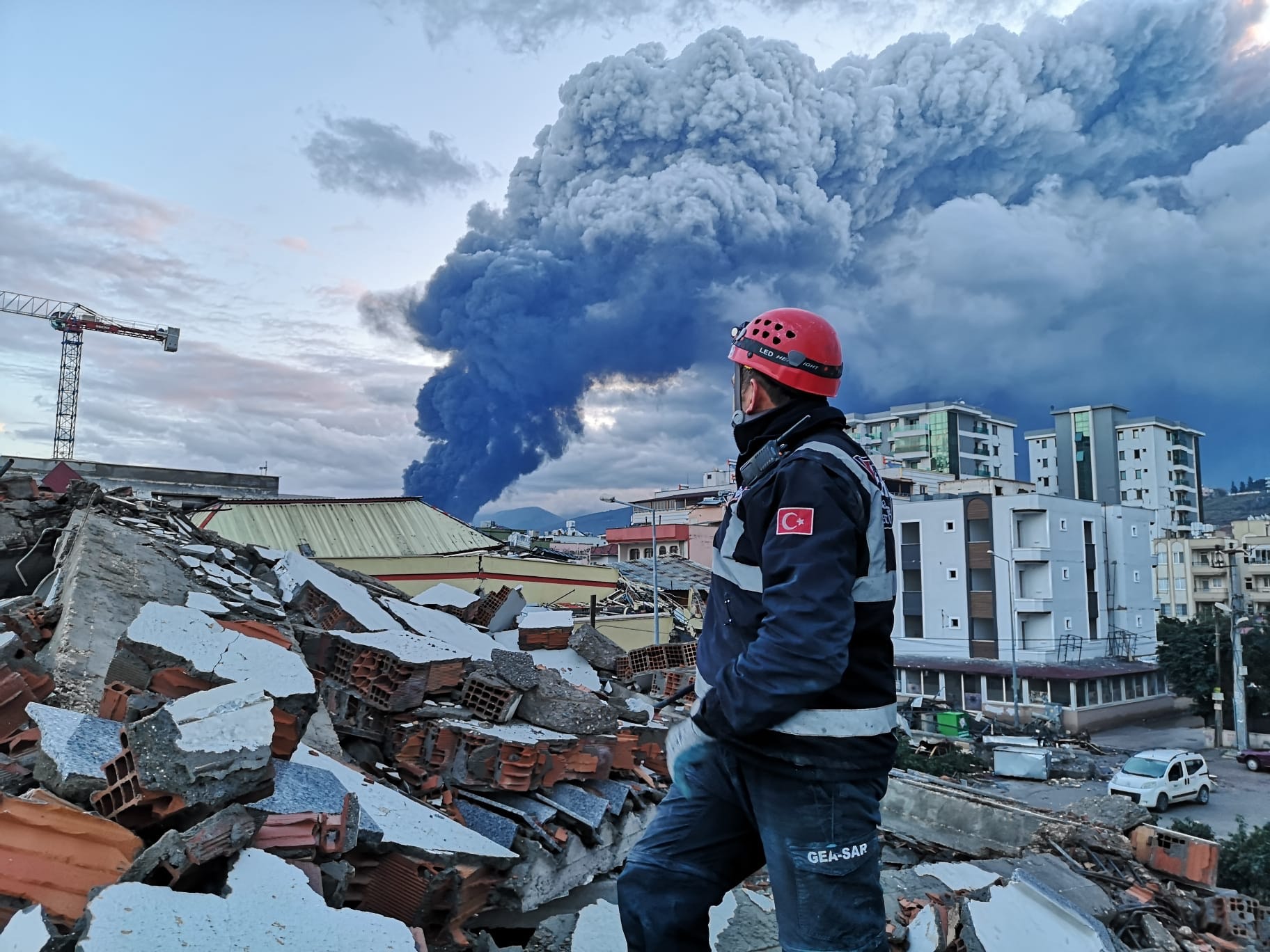
For the fast growing urban areas of Bangladesh a comprehensive risk reduction and risk management program is called for. Bangladesh is highly prone to disasters and vulnerable to the impacts of climate change. This is made worse by the unplanned progress of urbanization and the exposure of the largely migrant communities who reside in urban slums.
How can these communities be helped?
By raising awareness and facilitate training, residents will become increasingly aware of hazards and able to mitigate impacts through applying risk reduction measures in their day-to-day lives. Access to community infrastructure and services such as electricity power, water and sanitation will also be improved. Women, and other groups requiring support will be offered income-generating opportunities reducing underlying vulnerability to hazards.
An innovation fund is established and maintained for ventures that improve living conditions and promote risk reduction mechanisms. In addition, links and networks with city authorities and others service providers are to be created to build and support a resilient community infrastructure.
The program is coordinated by Caritas Switzerland and implemented in conjunction with two local partners; Caritas’s local affiliate, Caritas Bangladesh and Habitat for Humanity International’s (HFHI) in–country affiliate, HFHI Bangladesh. Information will be also exchanged with local NGO Water and Life to develop new, social-entrepreneurial models to deliver improved infrastructure and basic services thus potentially bringing together three JTI Foundation partners in a single program for the first time.


OVER 20 YEARS OF INVESTMENT IN DISASTER MANAGEMENT INITIATIVES
Countries where we have supported our partners’ work in response to a growing range of threats to life and livelihood
Million USD invested since 2001 to help communities better prepare for – and recover from – natural and man-made disasters
Projects addressing a broad range of challenges, including mine-clearance, emergency shelter, resilient housing solutions and capacity building


